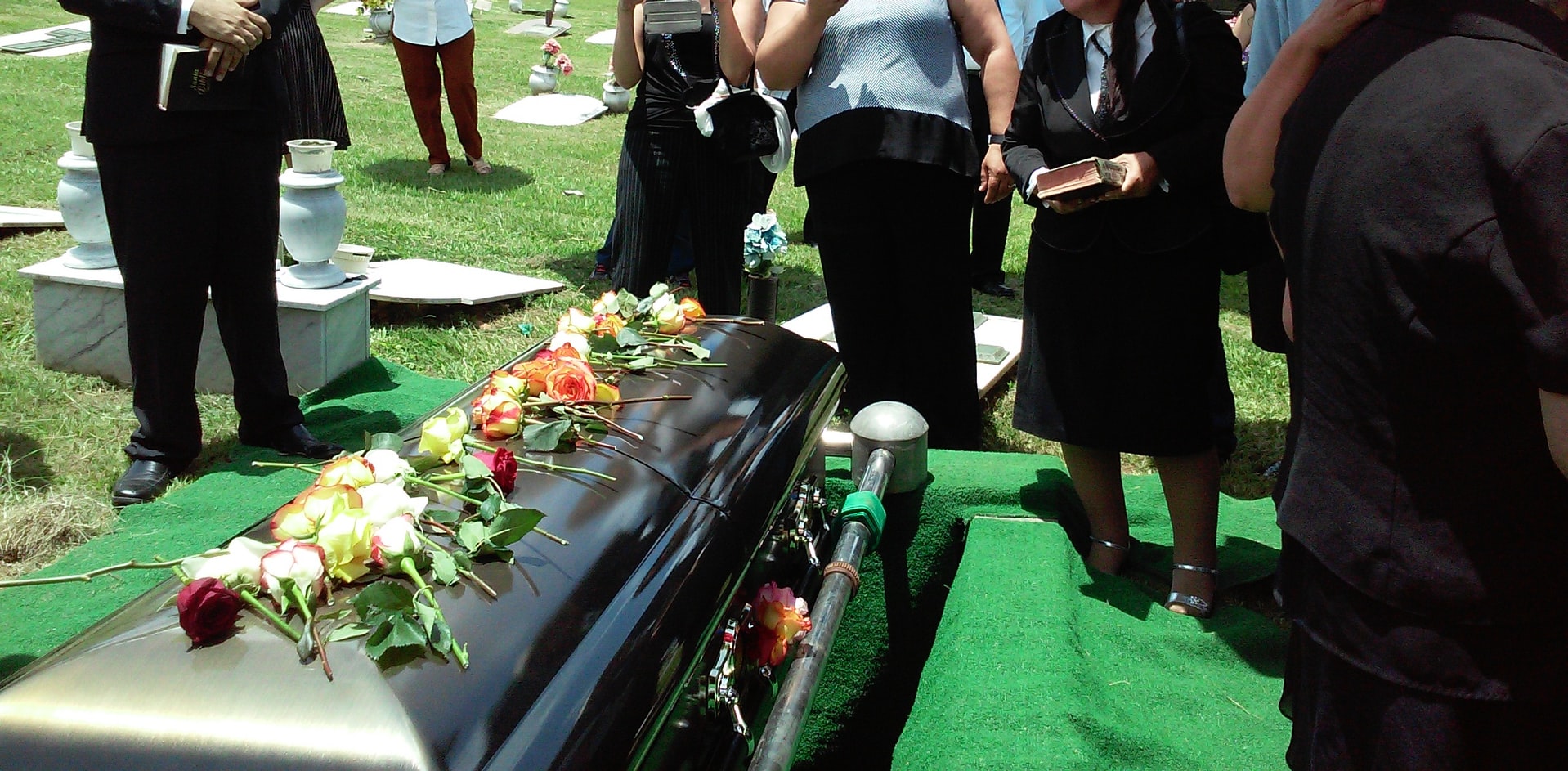Mortuaries and funeral homes are the two most popular options for preparing bodies for burials and cremation. However, they have many differences, mainly in how they handle special requests. Funeral homes in St Petersburg, FL, for example, have tailored plans for families depending on their wishes, an option unavailable in mortuaries.
The other differences between a mortuary and a funeral home include:
1. Comfort for the Guests
Funeral homes have comfortable sitting areas that can accommodate more guests. Thanks to these facilities, more friends and relatives can mourn their loved ones together. Also, the funeral homes arrange additional facilities in case the guests exceed the facilities’ capacity.
Mortuaries, on the other hand, have limited sitting areas. Therefore, family and friends can’t be together during the viewing process. Also, unlike funeral homes, it is impossible to stretch the facilities if you have more guests due to structural restrictions such as lack of more space within the facility.
2. Grief Counseling
Funeral homes have trained staff with extensive knowledge of grief counseling. While having a family counselor is advisable, interacting with professionals with empathy makes it easier for family and friends. Also, the staff may assist the family in creating a support group, depending on their needs.
However, most mortuaries do not have staff trained for grief counseling. As a result, they may not know how to react to certain aspects of the grieving family. If you must use a mortuary for your loved one, bring a certified counselor on board.
3. Cremation Services
Depending on your family traditions or the deceased wishes, you may require additional services. For example, if you want cremation facilities, both the mortuary and the funeral home offer the service. However, they have different approaches.
For funeral homes, there is no on-site cremation. However, they coordinate the process with certified facilities offering the service. The mortuaries, on the other hand, provide on-site cremation with less bureaucracy.
4. Paperwork and Issuing Death Certificates
Besides ensuring the process gives the loved one a decent sendoff, the funeral industry has much paperwork. Since nobody is experienced in such a lengthy bureaucratic process, it is advisable to work with a facility with such services.
Funeral homes work with the relevant governing bodies to ensure the family gets the necessary papers, such as a death certificate on time. However, some mortuaries may not have the framework for such coordination.
5. Writing and Publishing Obituary
While writing an obituary is a personal process, funeral homes have staff dedicated to this process. They help family members to create a good obituary in honor of the deceased. Also, funeral homes assist in publishing the obituaries.
Mortuaries, on the other hand, may not have staff trained in these vital services. So, the family may require assistance from professionals from another company.
6. Laws and Government Involvement
Both mortuaries and funeral homes are under government regulations. However, funeral homes are under the government at the federal level, while mortuaries are under the government agency at the state level.
The Federal Trade Commission protects grieving families from any form of exploitation from funeral homes. So, all the price lists on the facilities are fair and per the economic realities of a specific state.
The state regulations governing mortuaries are less strict. They are, however, articulate on general operations such as how to carry out essential services. The state also protects the family wishes in case cremation is the preferred choice of body disposal.
7. Funeral Planning
Funeral plannings are private and personal. Due to the need to have a unique way to say goodbye to a family member or a friend, both mortuaries and funeral homes have fewer contributions to the process. But they can offer some assistance.
For funeral homes, you can request assistance in planning. Most facilities will help in weighing options and selecting the best choice for the family. Then, as a family, you can either modify the suggestions offered by the funeral home or adopt the proposal without any adjustment.
Most mortuaries have dedicated professionals who have a background in planning. However, they may not offer tailored options, especially when a family has unique demands such as arrangements for organ donations.
8. Burial Preparations
Both mortuaries and funeral homes have a similar approach to preparing the body for a funeral. For example, body embalming, general preparing, and placing the body in a casket are identical in both facilities.
However, funeral homes accept tailored requests from family. For example, the deceased may have signed a will to donate their organs. While mortuaries may also have some exceptions, they are not as flexible as those offered in funeral homes.

